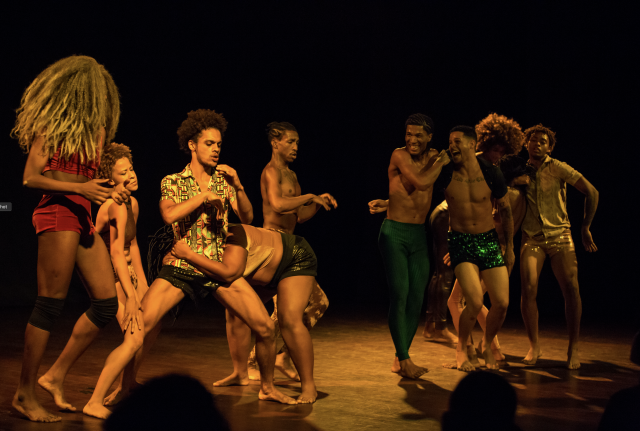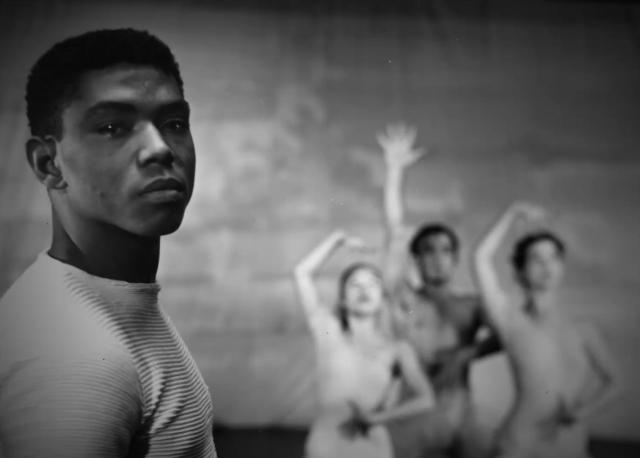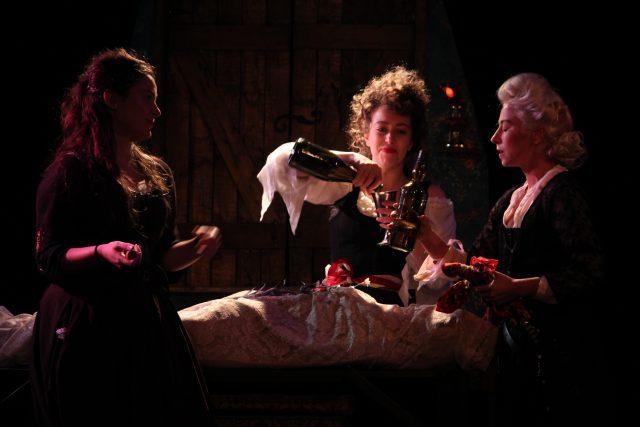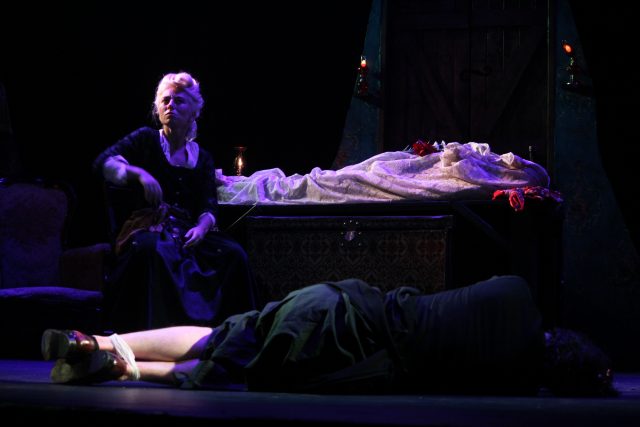
The sandy Sun & Sea brings the beach to Fort Greene (photo by Andrej Vasilenko)
BAM Fisher, Fishman Space
321 Ashland Pl.
September 15 – November 6, $25-$35
www.bam.org
One of the places I’ve missed the most since the pandemic lockdown began in March 2020 is BAM, my performance-venue home-away-from-home. Over the decades, the Fort Greene institution’s exciting cutting-edge programming of innovative works from around the world has been a kind of lifeline for me. I remember in October 2012, after Hurricane Sandy paralyzed the state, I took an extremely slow bus through a dark, bleak city, on my way to BAM to see a show as if that would signal we would all get past this disaster. I made it just in time, breathing heavily, soon immersed in the wonders of how dance, music, art, and theater can lift you up. And so I relished the news when BAM announced its reopening for the fall 2021 season, featuring four works at the intimate BAM Fisher. “The hunger for artistic adventures has never been greater as our world continues to change around us,” BAM artistic director David Binder said in a statement. “Our 2021-22 season kicks off with works from a cohort of remarkable international artists, all of whom are making their BAM debuts. New forms and new ideas will abound in the Fisher, as they create singular experiences that can only happen at BAM.”

ASUNA’s 100 Keyboards will be performed in the round at the BAM Fisher (photo by Ritsuko Sakata)
The season kicks off September 15-26 with Rugilė Barzdžiukaitė’s Sun & Sea, which turns the Fisher into a beach. Winner of the Golden Lion at the 2019 Venice Biennale, the work, commissioned for the Lithuanian Pavilion at the fifty-eighth International Art Exhibition, takes place on twenty-five tons of sand on which thirteen vocalists sing a wide array of stories, with a libretto by Vaiva Grainytė and music and musical direction by Lina Lapelytė. Sun & Sea is followed September 30 to October 2 by 100 Keyboards, in which Japanese sound artist ASUNA performs a unique concert in the round on one hundred battery-operated mini keyboards of multiple colors, creating a mysterious sound moire as the audience walks around him, picking up different reverberations.

Cia Suave makes its US debut at BAM with Cria (photo © Renato Mangolin)
In By Heart, running October 5-17, ten audience members join Portuguese artist and Avignon Festival director Tiago Rodrigues onstage, memorizing lines from such writers as William Shakespeare, Ray Bradbury, George Steiner, and Joseph Brodsky to create a new narrative consisting of forbidden texts while the rest of the audience watches (and sometimes participates as well); the set and costume design is by Magda Bizarro, with English translations by Rodrigues, revised by Joana Frazão. And in Cria (November 2-6), Brazilian troupe Cia Suave celebrates the passion of adolescence in a piece choreographed by Alice Ripoll and performed by ten members of the all-Black company of cis and trans dancers who proclaim, “We are CRIA, not created. Little breeds. Loneliness. To smear yourself. The act, the creation and its moment. Sprout. The heart saying, ‘hit me’ with every punch of suffering. In scene birth and death. Each time. Even in childbirth there is a force that wants to give up. A life that begins touches the sublime.” Tickets go on sale today at noon; the way New Yorkers have been snatching up tickets for live, in-person events, you better hurry if you want to catch any of these promising shows in the small, intimate BAM Fisher.







